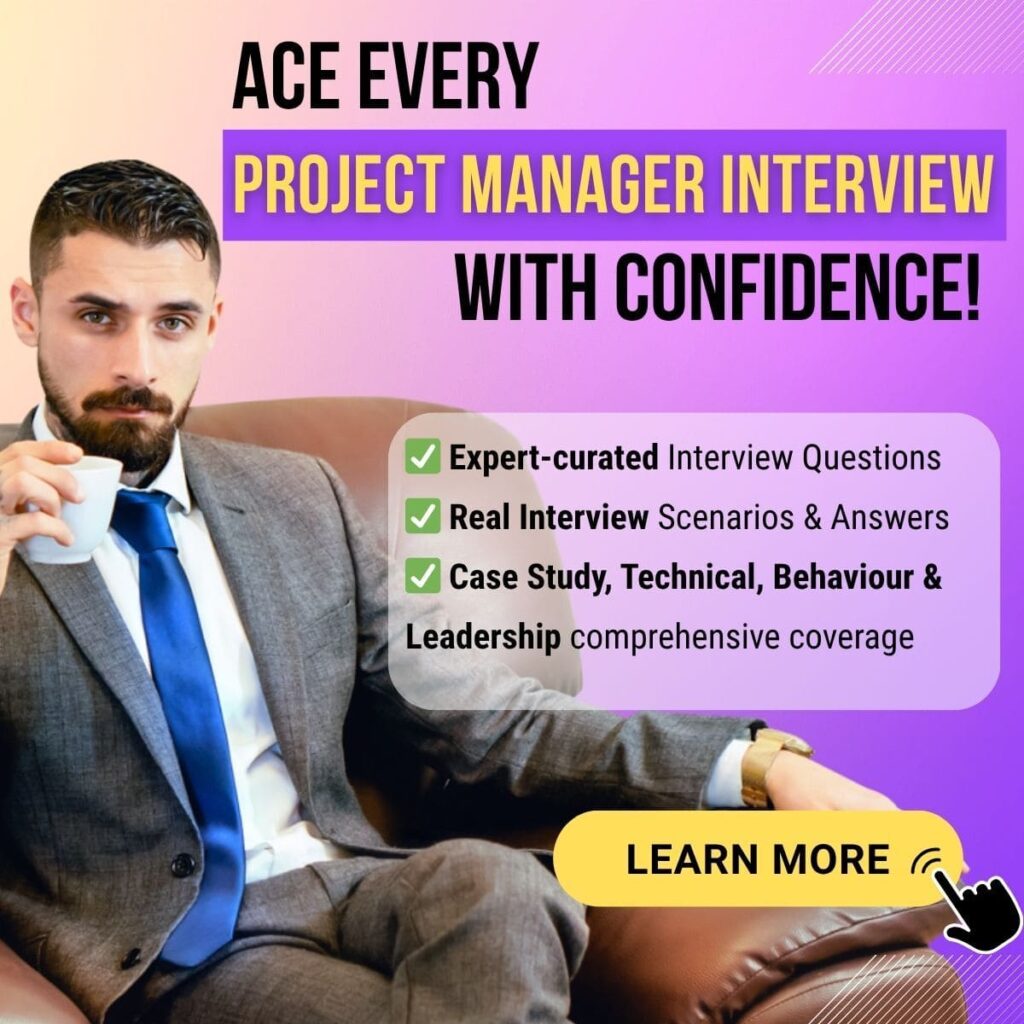One must learn How to Destress Yourself after a bad Interview. It is not always possible to recover from a really big blunder. Some things are definitely not recoverable. Recovery may be possible because you might not have been as bad as you thought you were or no one else was better.
Most interviewers understand that people are nervous in job interviews, and they take that into consideration when evaluating the job seeker. So how can you recover when you think you’ve blown your chances of landing that new job? Post-interview damage control is a tricky process. You don’t want to destroy whatever polished, poised confidence you did manage to exude during the interview or point out a flaw your interviewer just might have missed.
Immediately launch damage control in your thank you note/message. Send your thank you, as usual, and use the thank you to launch your recovery. If you did not answer a question well, answer it better in your thank you note.
Of course, if you’re certain that you completely rubbished an answer, or left out some vital information about yourself, figure out if there’s anything you can do.
Profile Review & Recommendation
Expert-Driven Profile Review &
Recommendations

Let our expert look into your CV, Cover Letter, Naukri & LinkedIn Profile to turn your profile into the top 1% of professional profiles.
INR 1,999
- Naukri Profile Review & Recommendations
- Resume Review and Expert Recommendations
- LinkedIn Profile Review & Recommendations
- Cover Letter Templates Download
- Latest Resume Templates Download
- Personalized, tailored feedback
- ETA: 3- 5 Days
Self-Service Profile
Optimization

Access expert-curated guidelines, sample reviewed files, & step-by-step instructions to optimize your CV, Cover Letter, Naukri & LinkedIn Profile.
INR 499
- Guidelines for Profile Optimization (Resume, Naukri, and LinkedIn)
- Access to Sample Reviewed Files for inspiration
- Step-by-Step Instructions to reframe your profile
- Cover Letter Templates Download
- Latest Resume Templates Download
- Immediate access to the files
It’s important to pinpoint if the errors from your interview are important enough to bring up again and if bringing them up is going to help you. To determine if it’s actually worth doing damage control, you should ask yourself a couple of questions.
Your follow-up email should only be a paragraph or two, so you don’t have much room to explain yourself. That’s why, as we determined above, that you should bring up only the most influential and important mistakes.
It’s important for people to look at an interview as a conversation. It’s really no more than that. If people would look at this forum as a dialogue, they would be more comfortable. You can’t force this. Your approach going in will determine if you can be at ease or not.
Whatever the situation, try to develop a strategy to better handle it if it occurs again. Things can be quite different for the same profession or job function in different industries. And a large employer often does things quite differently than a small employer. So do some research into what the differences are and how the other side works.
Consider enlisting a friend or career counselor to conduct a few practice interviews with you. The more comfortable you become answering interview questions, the less nervous you’ll be when you’re in the real thing.
Before you start explaining yourself, realize it’s probably not as bad as you think. And, despite the blunders, if you’re the right fit for the position, the hiring manager will know.







